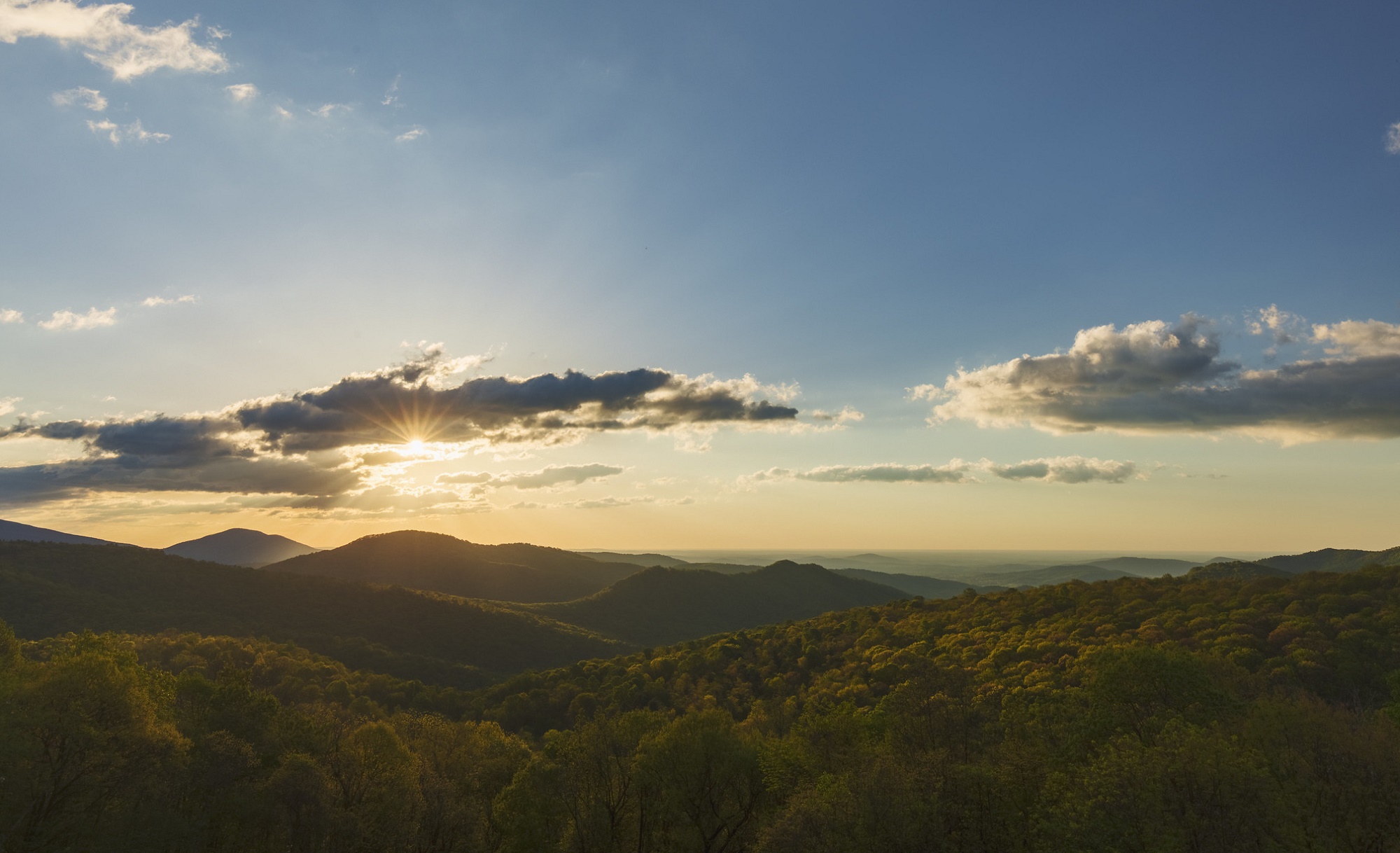Politics and Policy
During an interview with Euractiv, Nobel Prize laureate in economics Joseph Stiglitz called on Europe and China to join forces against the U.S. at the WTO, saying America has become a “free-rider” on climate change under the Trump administration, in violation of global free trade rules. Brad Plumer and Nadja Popovich summarized the characteristics of initiatives putting a price on carbon around the world. Canada imposed a carbon tax on four provinces that had defied Ottawa’s push to combat climate change. Although this article is not about climate change per se, it raises some interesting questions about infrastructure and associated expectations that are germane to lowering CO2 emissions. Republicans on the House Energy and Commerce Committee are opposing the markup of a bill introduced last week by Rep. Kathy Castor (D-FL) that would bind the Trump administration to uphold the goals agreed to in the Paris Climate Agreement. A federal judge ruled that an executive order by President Trump that lifted an Obama-era ban on oil and gas drilling in the Arctic Ocean and parts of the North Atlantic coast was unlawful.
In a lengthy New Yorker feature, Jonathan Blitzer reported from the western highlands of Guatemala where he found that climate change is influencing people’s decisions to leave and migrate to the U.S. In a letter to the head of the International Energy Agency, publisher of the annual “World Energy Outlook”, the signatories called on the Paris-based institution to “make clearer that [its] business-as-usual scenario… charts a dangerous course to a world with between 2.7°C and 3°C of warming”. The World Economic Forum released the 2019 edition of its “Fostering Effective Energy Transition” report. David Victor summarized the report’s major insights.
When asked whether he had lost his edge as the climate change candidate for the Democratic presidential nomination for 2020, Jay Inslee replied “I am the only candidate—I repeat the only candidate—who has said unequivocally and forcefully that defeating climate change has to be the number one priority.” Bloomberg looked at positions on fighting climate change being taken by Democrats who oppose the Green New Deal (GND). To mark its first hearing, the House Select Committee on the Climate Crisis welcomed a group of young climate activists who testified about their experiences with climate change. On Instagram Live Wednesday night, Rep. Alexandria Ocasio-Cortez spoke to critics, warning “And for those of you who are trying to mock and delay this moment, I mean, I just feel bad for you. I pity you for your role in history right now.” Rep. Matt Gaetz (R-FL), author of the Green Real Deal resolution, made his case in an opinion piece on Real Clear Politics. Like AOC, Gaetz said at a press conference, “History will judge harshly my Republican colleagues who deny the science of climate change.” You may have seen a cost of $93 trillion attached by some to the GND. E&E News looked at where that number came from.
The Trump administration’s proposed budget for the coming fiscal year would slash funding for energy efficiency and renewable energy programs at the DOE national labs. A federal judge ruled that Mr. Trump’s executive order that lifted an Obama-era ban on oil and gas drilling in the Arctic Ocean and parts of the North Atlantic coast was unlawful. A government advisory group scrapped by President Trump has reassembled independently to call for better adaptation to the impacts of climate change. It released a report on Thursday warning that Americans are being put at risk due to a muddled response to climate science. Brad Plumer fact-checked some dubious claims made recently by President Trump about wind power. The morning after the President’s claims, a bipartisan group of 19 senators announced a push for “robust” funding of federal programs to support the industry.
Potpourri
Psychologist Jeffrey T. Kiehl provided some helpful advice about effectively communicating with people about climate change, as did performance artist Peterson Toscano. Semi-naked climate change protesters interrupted a House of Commons Brexit debate and glued their hands to the glass of the public gallery, spending almost 20 minutes with their buttocks facing the chamber. For those who want to take a deep dive into batteries, Quartz provided a guide to the elements that can be used in them. The Economist pondered the question “Can the novel handle a subject as cataclysmic as climate change?” Luke Buckmaster reviewed the documentary film 2040 at The Guardian and concluded that it would have been better as a TV series. Netflix’s Our Planet does what no other natural-history documentary has done — it forces viewers to acknowledge their own complicity in the destruction of nature. In a very sobering essay at Common Dreams last Friday, Gus Speth compared the U.S. to the other OECD nations in “A People’s State of the Nation.”
Climate
New research published Wednesday in the journal Nature found that warmer waters associated with climate change are making it harder for corals in the Great Barrier Reef to reproduce. Following major coral bleaching events due to heat stress in 2016 and 2017, the amount of reproductive material collected in the water after a mass spawning event in 2018 was down by 89%.
The last time Earth had as much CO2 in the atmosphere as now, Antarctica was 20°C warmer, with beech and possibly conifer trees growing within 300 miles of the South Pole, sea level was 65 ft higher, and global average temperatures were 3-4°C warmer, according to a paper presented at a Royal Meteorological Society meeting. A large iceberg is about the calve from the Brunt Ice Shelf in Antarctica, but it won’t be because of climate change. A study, published this month in the journal Geology, suggests that ice on glacial cliffs in Greenland and Antarctica is acting like soil and rock by slumping — that is, when weakened sediment breaks apart from land and slides down a slope. This may eventually lead to a more rapid rise in sea levels.
Canada is warming on average at a rate twice as fast as the rest of the world, a new scientific report from the government indicates. Klawock, a town in southeastern Alaska, reached 70°F on March 19, the state’s earliest reading ever to reach that temperature. A new study, published in Nature Communications, documents the 60-fold increase in permafrost landslides that has occurred over the past three decades in the Canadian Arctic. As glaciers melt and retreat, exposing ice-free earth as they go, they can kick up clouds of dust into the atmosphere. New research suggests that these dust particles may strongly affect the formation of Arctic clouds, which have a major influence over the region’s temperatures and precipitation.
The restoration of natural forests and coasts can simultaneously tackle climate change and the annihilation of wildlife, but is being overlooked, an international group of campaigners has said. In writing about natural climate solutions, George Monbiot of The Guardian said “What I love about natural climate solutions is that we should be doing all these things anyway.”
An abnormally hot summer in Australia ended with the warmest March on record, with temperatures 2.13°C above the average, according to new data from the Bureau of Meteorology. In 2011, Shark Bay – a world heritage area in Western Australia famous for its seagrass meadows and unique wildlife – faced an unprecedented marine heatwave. Now, research published in the journal Current Biology has found that the impacts of that heatwave were propagated up the food chain, resulting in a 12% decline in the number of bottle-nosed dolphins.
Energy
Last week I linked to an article about lithium-ion battery costs dropping 35% since last year. This week Eric Holthaus of Grist wrote about the implications of that drop. In the UK, Pivot Power will collaborate with manufacturer and system integrator redT on what is claimed to be the world’s first grid-scale hybrid battery energy storage project to use a combination of lithium-ion and vanadium technologies. Last week, Florida Power and Light (FPL) announced that it would retire two natural gas plants and replace them with what is likely to be the world’s largest solar-powered battery bank when it’s completed in 2021.
With electric vehicle (EV) sales climbing, electric utilities are investing in thousands of new EV charging stations, recognizing that if they don’t move now, they could lose out on a growing and increasingly competitive market. In a recent blog post, Robert Scribbler evaluated five EVs.
Andreas Hoffrichter of Michigan State University, a self-described “scholar of rail,” states at The Conversation “it’s clear to me that the quickest way to decrease greenhouse gases from transportation is to travel by train and move goods by rail instead of on the road or by air.”
More than 140 GW of solar and wind generation capacity were added globally last year, with solar installations hitting a record 94 GW, new figures from the International Renewable Energy Agency show. Global wind power capacity is expected to increase by 50% in the next five years as technology costs fall further and emerging markets drive growth, the Global Wind Energy Council said in an annual report on the wind industry. While at CERAWeek in Houston, Edward Klump of E&E News spoke with four CEOs about the economics, technology, and trends driving the electricity sector in a greener direction.
Europe has more than 45 demonstration projects to improve electricity-to-hydrogen gas technologies and their integration with power grids and existing natural gas networks. The principal focus has been to make the electrolyzers that convert electricity to hydrogen more efficient, longer-lasting, and cheaper to produce. Dominion Energy plans to reduce methane emissions from natural gas infrastructure in half over the next decade.
These news items have been compiled by Les Grady, member and former chair of the CAAV steering committee. He is a licensed professional engineer (retired) who taught environmental engineering at Purdue and Clemson Universities and engaged in private practice with CH2M Hill, the world’s largest environmental engineering consulting firm. Since his retirement in 2003 he has devoted much of his time to the study of climate science and the question of global warming and makes himself available to speak to groups about this subject. More here.

